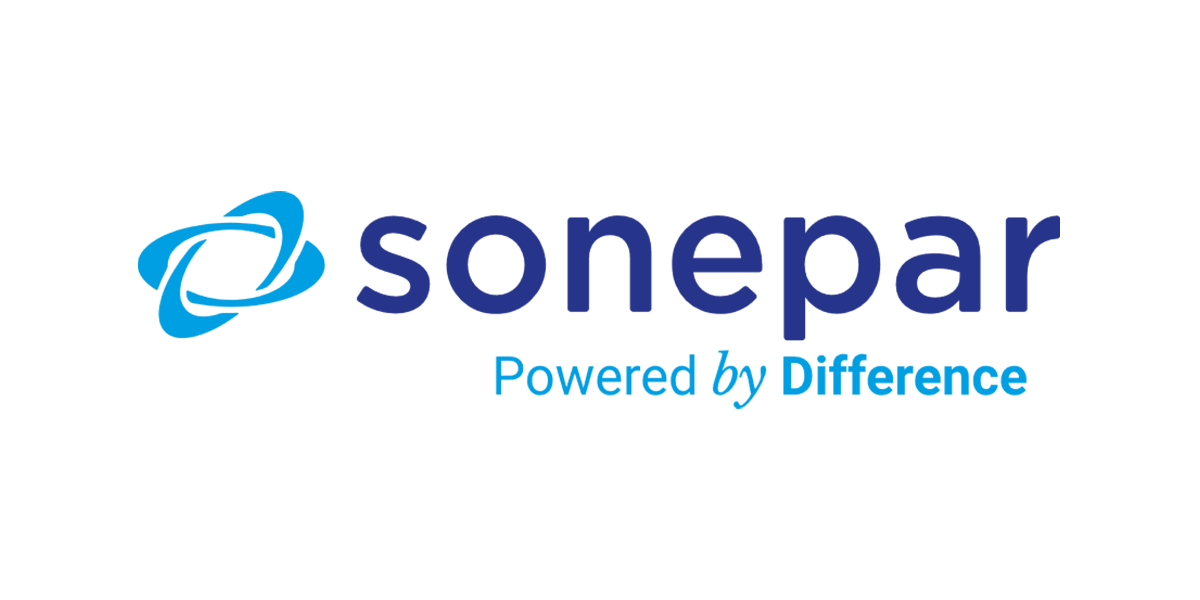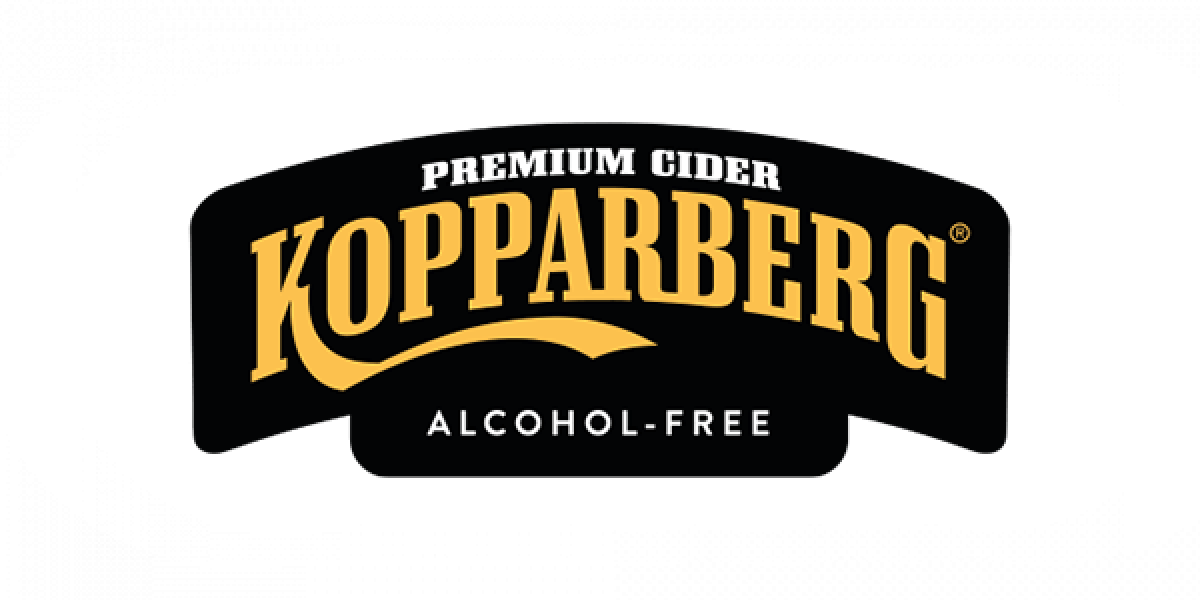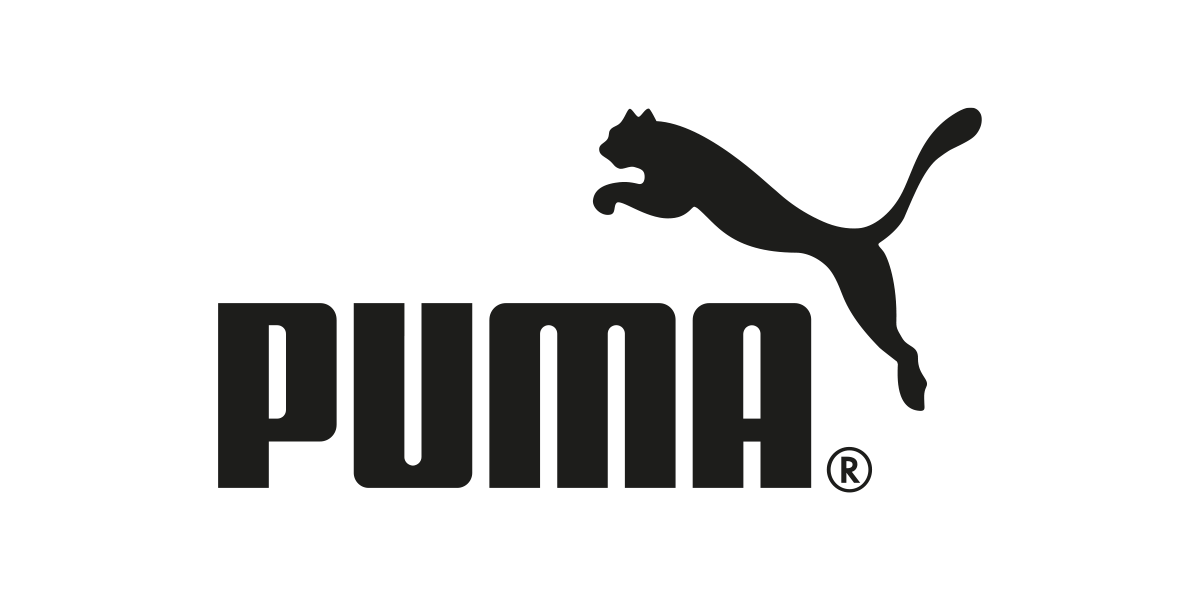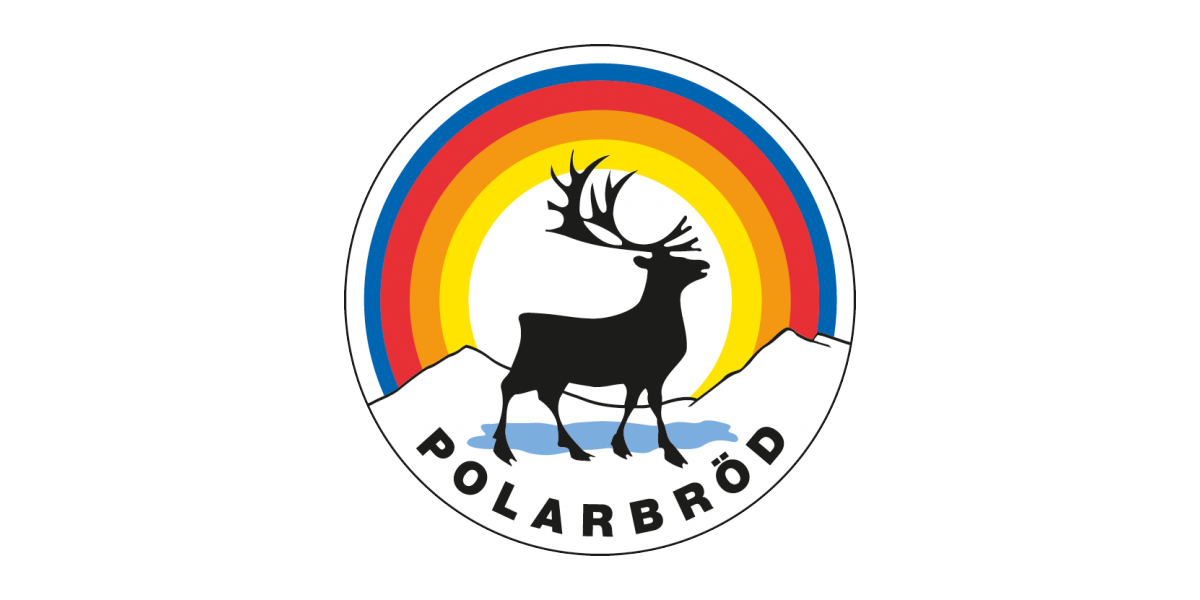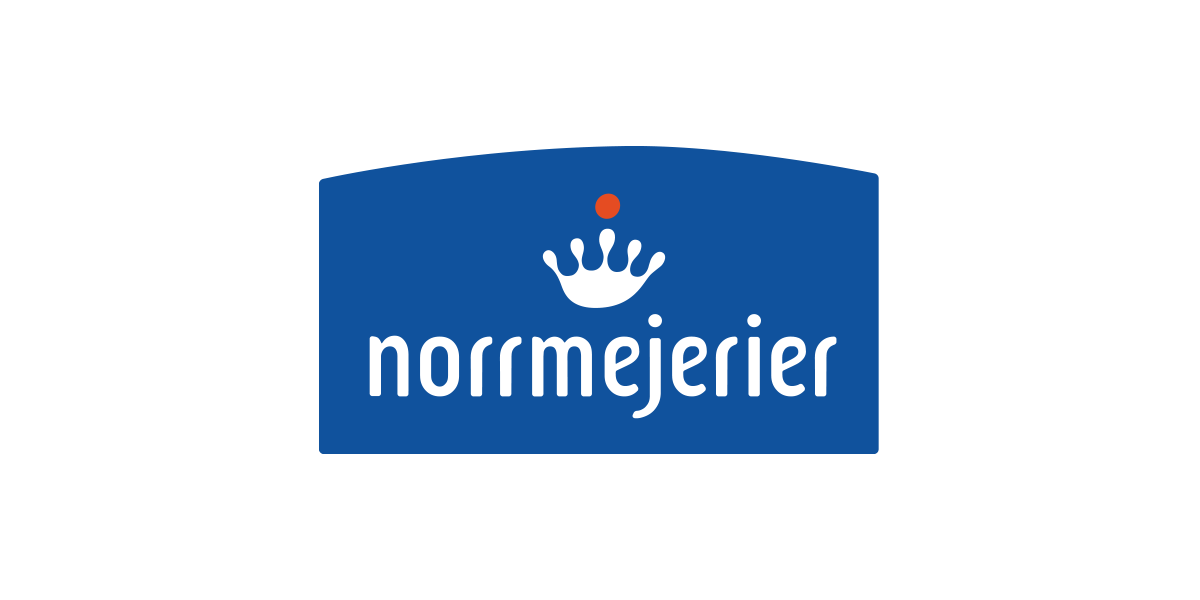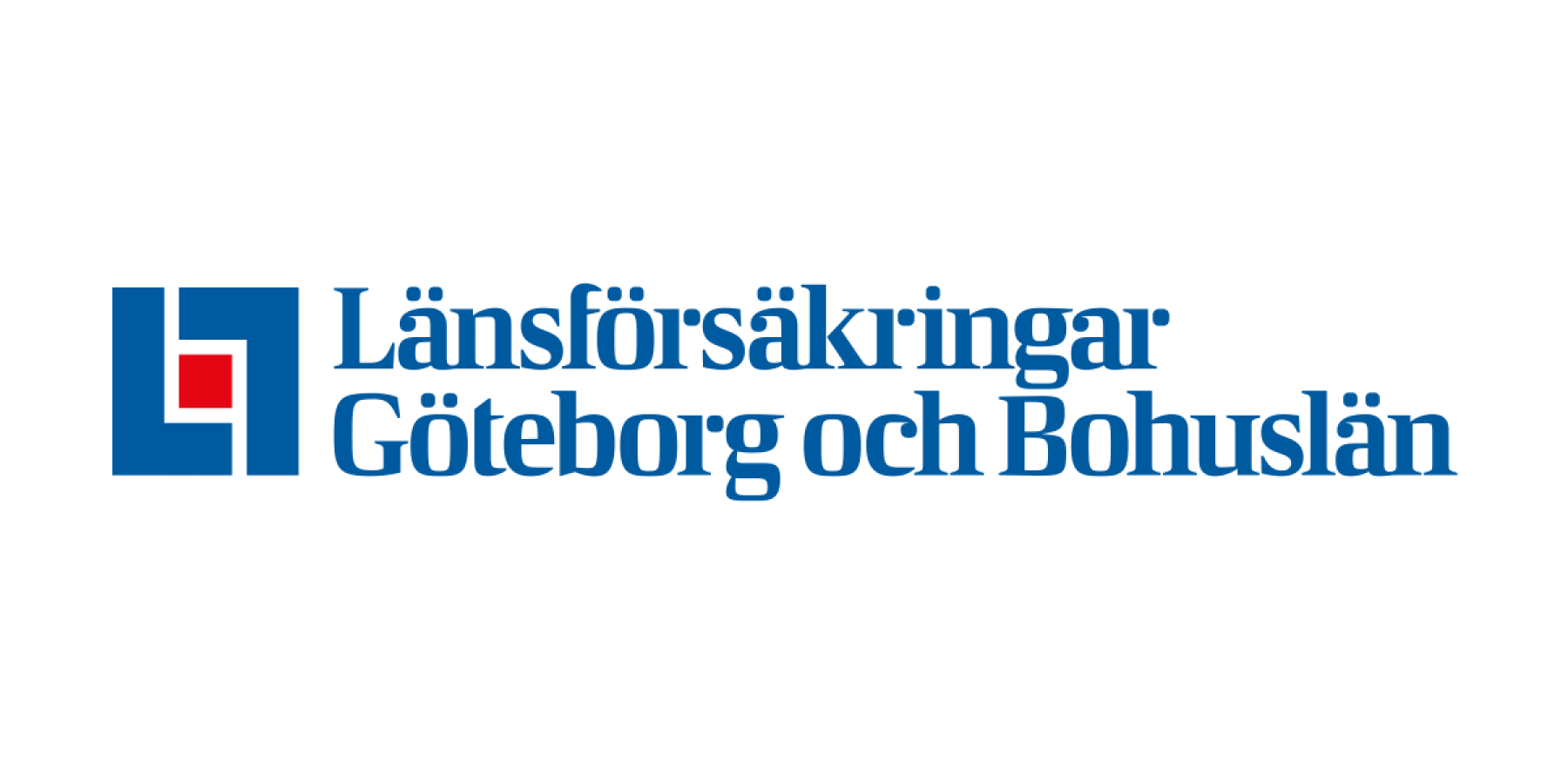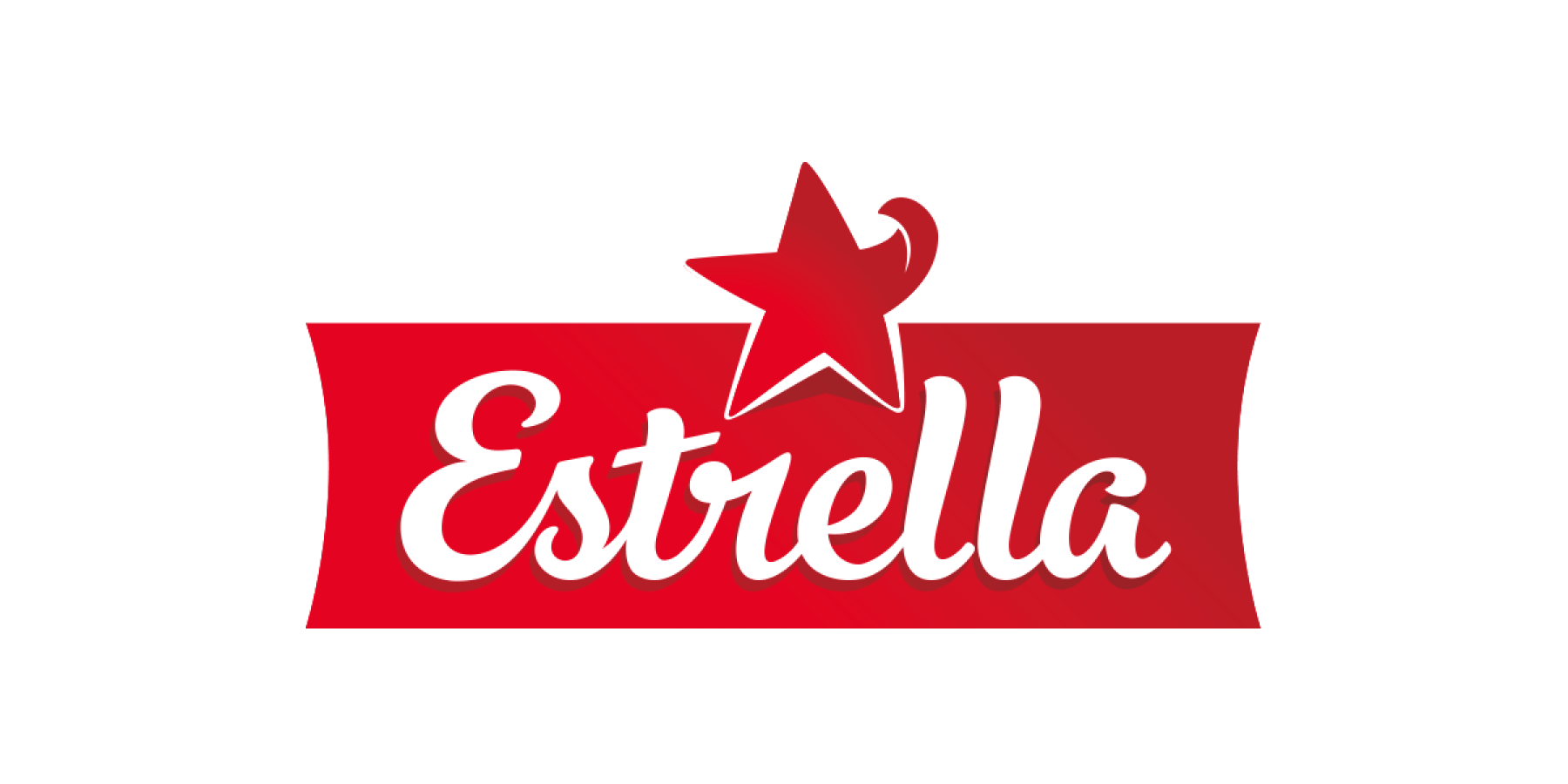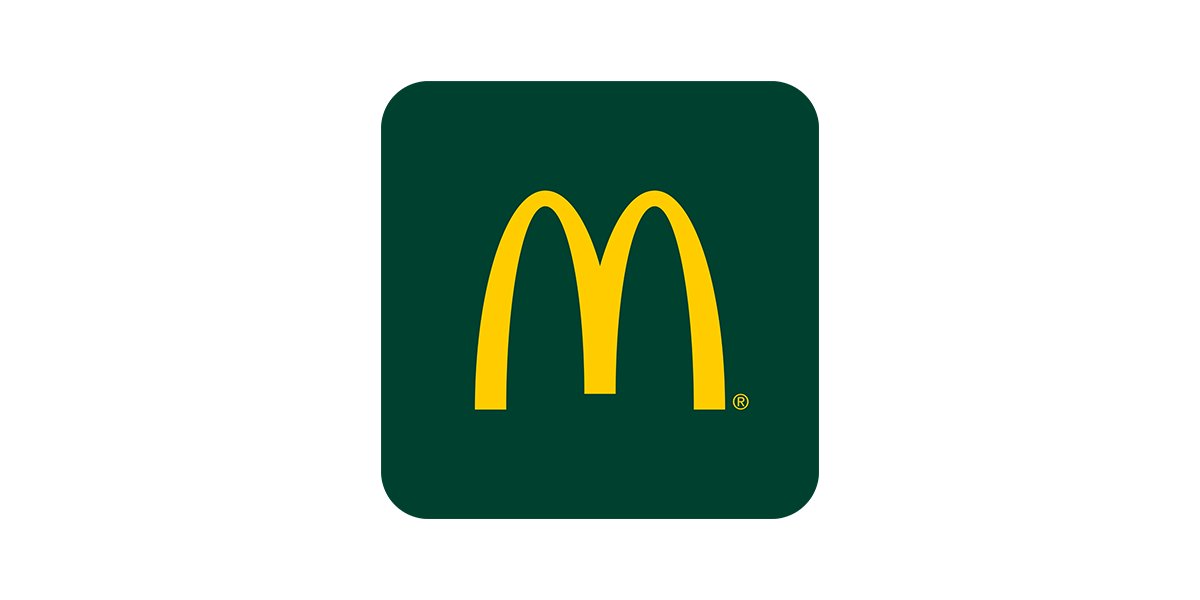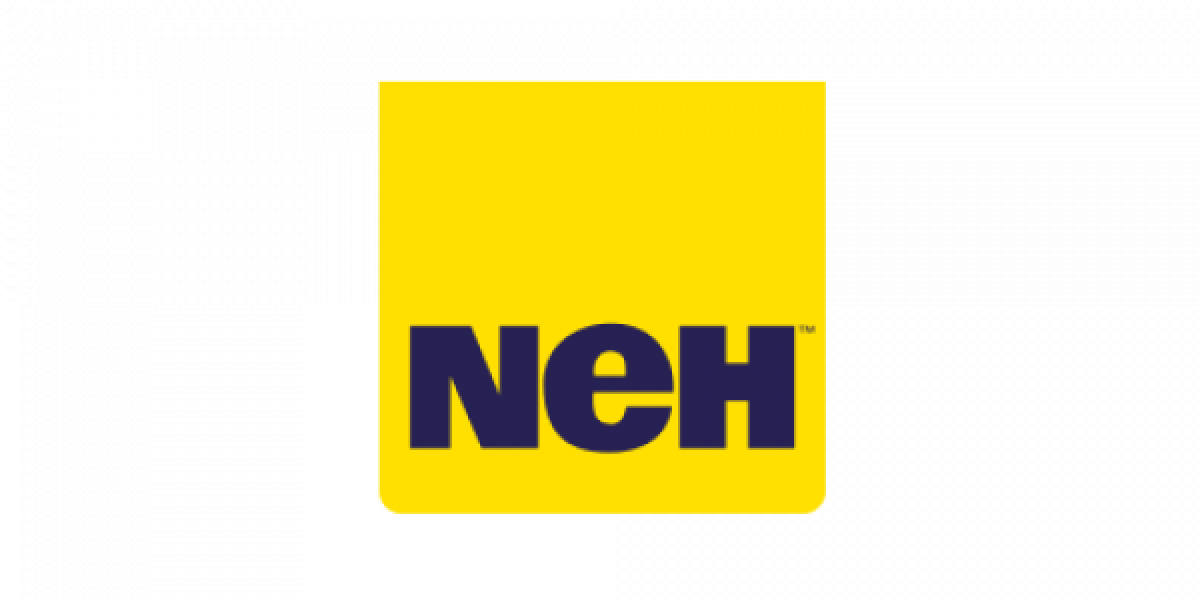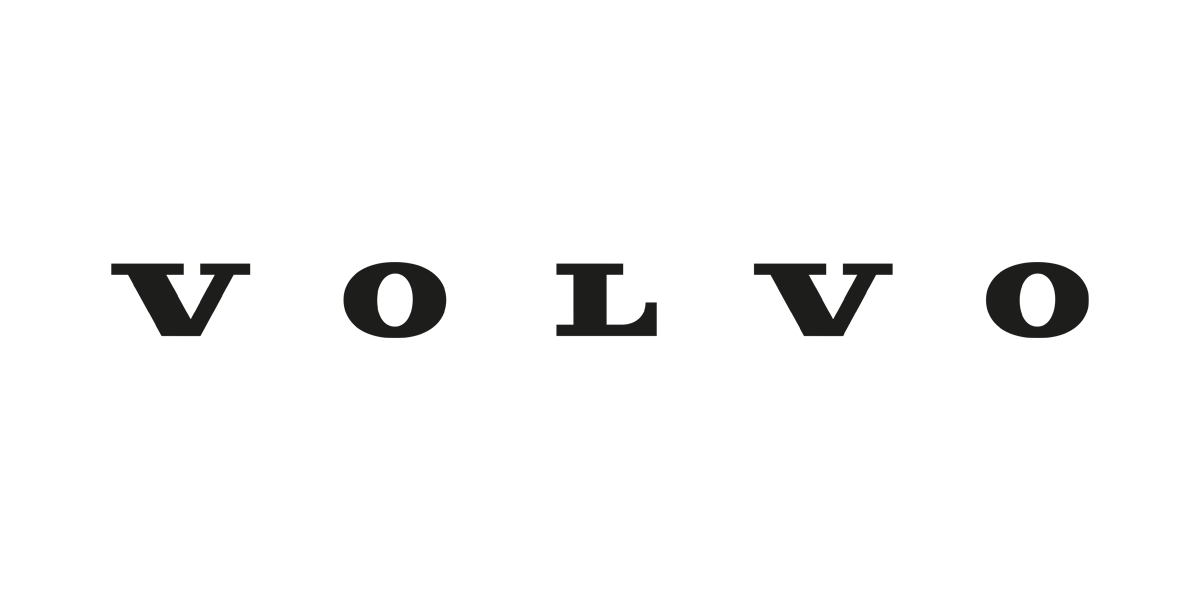

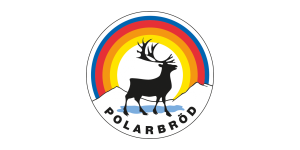
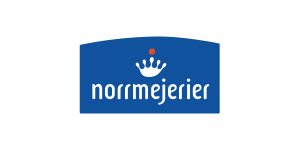


Gothia Cup Takes Responsibility for Reducing Its Carbon Footprint
Food waste and waste management are significant challenges worldwide. Sustainability is a central part of Gothia Cup's business development. We are large enough to make a difference, both on-site and in educating youth about concrete ways to impact climate change.
Protein is a crucial nutrient for athletic development. However, you can choose climate-smart options. Leftover food and waste also have a substantial impact on our carbon footprint. Therefore, it's essential to take the right amount, cook the right number of portions, and sort waste properly. What's trash to some can be resources for others.
Celebrate the Planet gathers concrete projects where Gothia Cup gradually reduces the negative climate and environmental impact caused by tens of thousands of participants. At the same time, we create an equal number of ambassadors who learn to act responsibly. For a more sustainable future.
CO2e of Food
It takes 70 tons of raw materials to prepare all the meals during Gothia Cup. Food waste accounts for 8-10 percent of global greenhouse gas emissions. Additionally, each ingredient contributes to this impact. Gothia Cup aims to reduce the climate impact of its food by encouraging participants to waste less, providing meals with lower CO2 emissions, and improving food planning efficiency. This is an important step towards becoming a sustainable event, where we also equip participants with knowledge and tools to act more sustainably outside of the event.
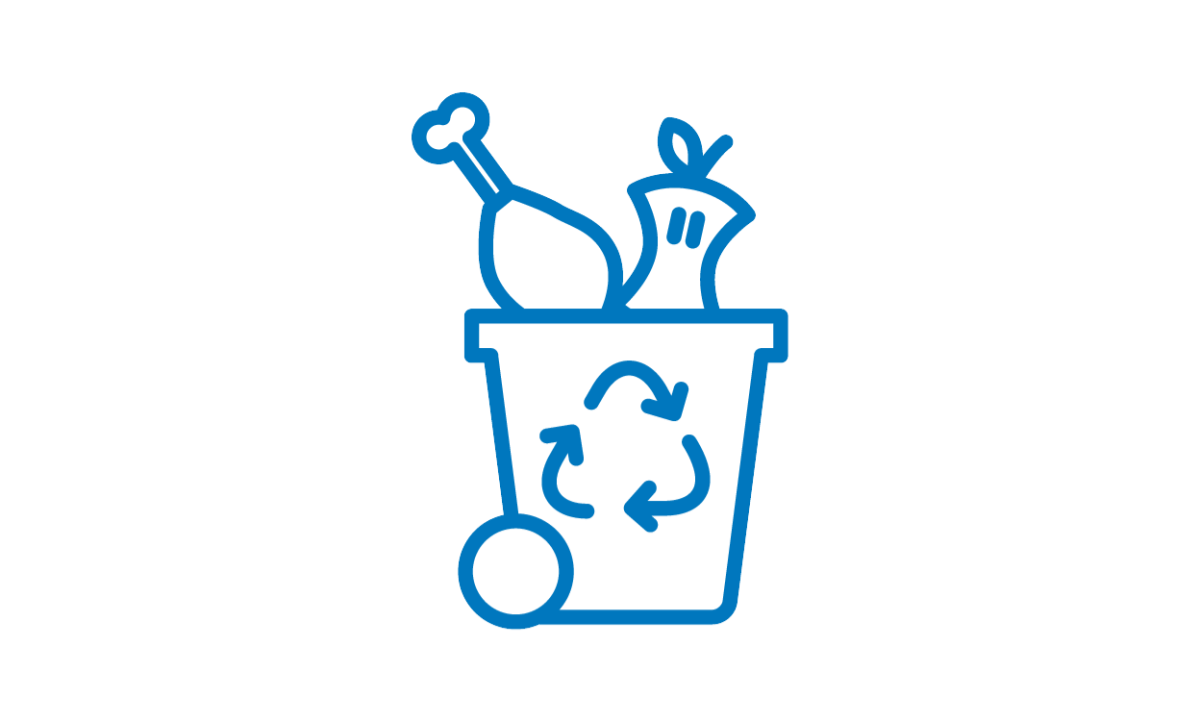
Food waste
Reducing food waste isn't just about participants taking the right amount of food. To achieve this goal, Gothia Cup's approach is equally important. The Food Waste project aims to decrease food waste by primarily changing routines for supplier orders, recipes, handling leftovers, and adjusting quantities throughout the day.

Plate waste
During Gothia Cup, 422,000 meals are prepared.
The Plate Waste project inspires participants to take only as much food as they can finish. The amount of food waste is also measured so that participants can compete against students from other schools in reducing food waste.
Green hosts
In Sweden, approximately half of household waste is sent for incineration. A significant portion of this waste could instead be sorted for material recycling, composting, or anaerobic digestion.
Poorly sorted waste results in both wastage of resources and negative environmental impact. Green hosts are present at our largest game centers. They assist participants with sorting.
Through the Green Hosts project, more waste from Gothia Cup is recycled, and we also spread awareness among our participants about the importance of sorting waste globally.
SUBSCRIBE TO OUR NEWSLETTER
Get the latest news and updates to your inbox.

